Menu
Travel Info:
Participants
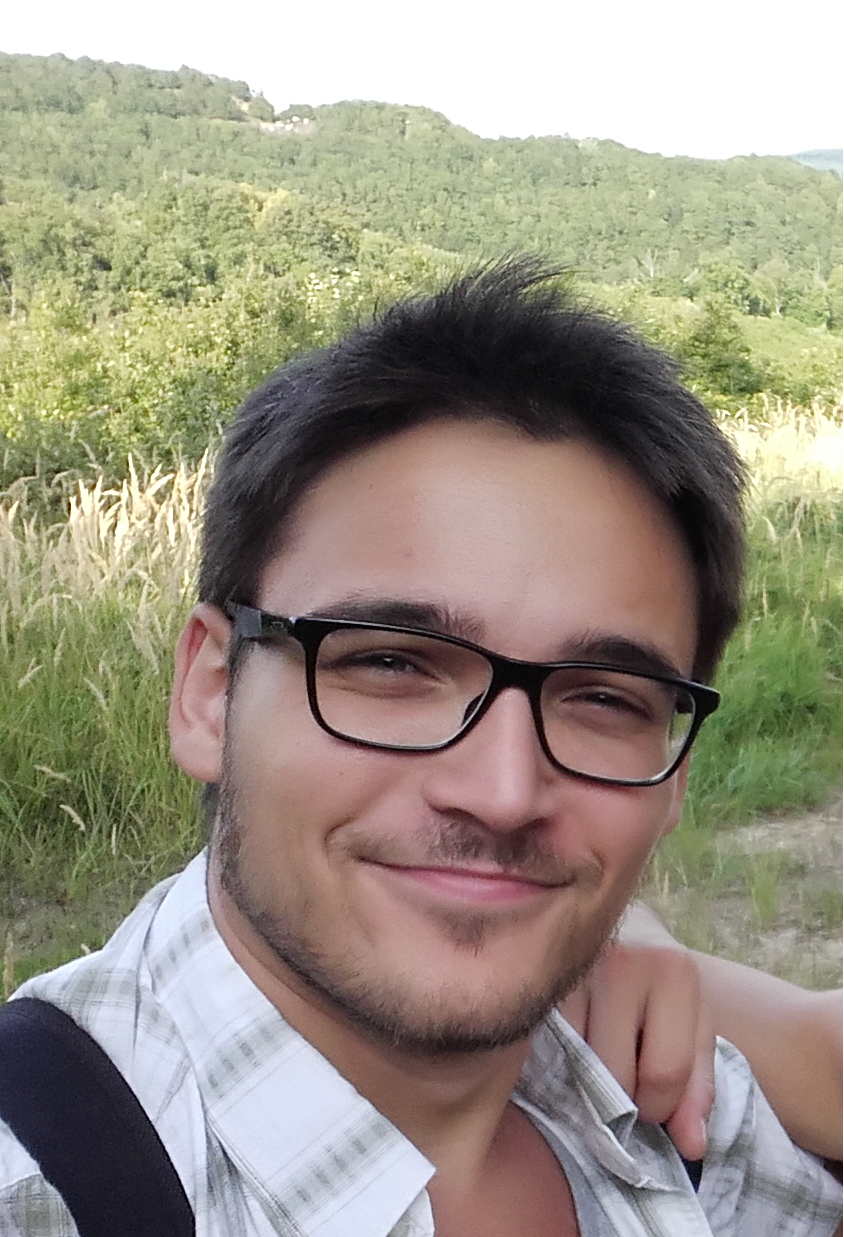
Zoltán Ádám |
Zoltán Ádám Zoltán Ádám graduated as a molecular biologist at the Faculty of Sciences 2018, at University of Pécs, Hungary. Currently he is doing his PhD program at the Institute of Pharmaceutical Biotechnology under the supervision of Dr. Krisztián Kvell and Prof. Dr. Márta Wilhelm. His research focuses on healthy aging of the human body and immune system. One of his current projects is to evaluate the effects of life long regular physical activity in case of elderly people on a molecular level. In his free time, he is doing sports, reading books or simply enjoying the tranquillity of nature. |
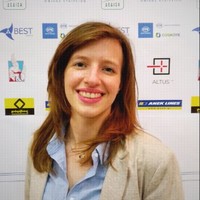
Sofia Athanasiou |
Sofia Athanasiou Was born in Athens, Greece currently employee of Cisco Company located in Krakow. Her job includes networks automation, software testing and automation processes. She is an undergraduate student in Technical University of Crete (TUC) and will graduate soon with the title of Diploma in Electrical and Computer Engineering. Her thesis with title Endoscopic capsule spatial awareness by using image feature extraction and machine learning. There using image processing and machine learning algorithmsd in order to identify when the endoscopy capsule is transinsioning from one digestive organ to another. During her free time enjoys going to cinema, playing football and travelling. |
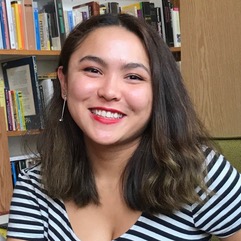
Ashley Amado |
Ashley Amado is a rising Junior studying Bioengineering at Stanford University. She has previously researched novel methanogenesis-related mechanisms of anaerobic archaea and, separately, microbial fuel cells as a renewable energy source. Her current projects focus on developing non-surgical treatments for squamous cell carcinoma. After completing her undergraduate studies, Ashley hopes to enter a PhD program and later work in pharmaceutical research and development. She will be spending the rest of her summer continuing her research projects and working with an organization that distributes medicine which would otherwise go to waste to safety-net clinics across the nation. Ashley is an active member of her school’s Vietnamese Student Association, and in her free time enjoys drawing and painting.! |

Ankita Bhat |
Ankita Bhat received the B.E. degree in Instrumentation and Control Engineering from University of Pune, India, in 2013, and the M.S. degree from UT Arlington and UTSW Medical Center, Arlington, TX, USA, in 2016. She is currently pursuing the Ph.D. degree in biomedical engineering in Texas A&M University, College Station, Tx, USA. Her research interests include biomedical biosensors, biochips, responsive biomaterials and signal processing. |
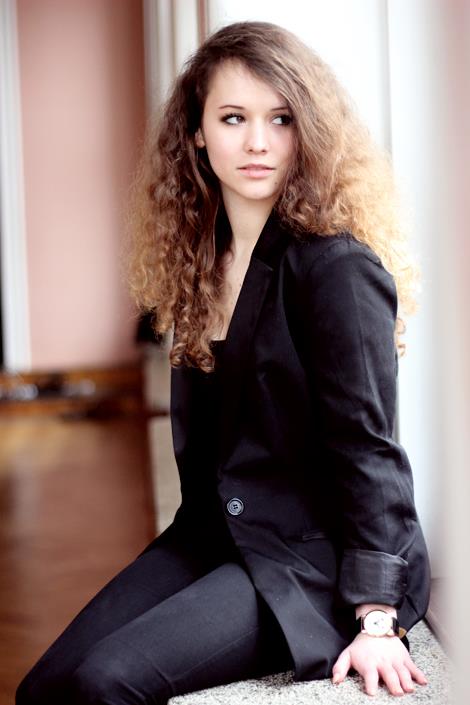
Joanna Chwal |
Joanna Chwal received her B.S. degree in Biomedical Engineering in 2019 from the Silesian University of Technology, where she is currently completing her M.S. degree. Her B.S. graduate thesis was to create a 3D model of human heart based on CT images from healthy patient, presented it in the form of application written in Windows Presentation Foundation (WPF) and evaluated using Sørensen - Dice coefficient and Hausdorff Distance metrics. With group of friends she won International Medical Congress of Silesia 2018 with reaserch: "Multiple sclerosis lesions classification from MRI images using convolutional neural network (CNN)". Her research activities include 3D graphics, deep learning, creating models of anatomical stuctures and animating them. She is passionate singer and sportswoman, more concretely she is a part of University team in badminton and table tennis, moreover she was a heptathlon player for 4 years. |
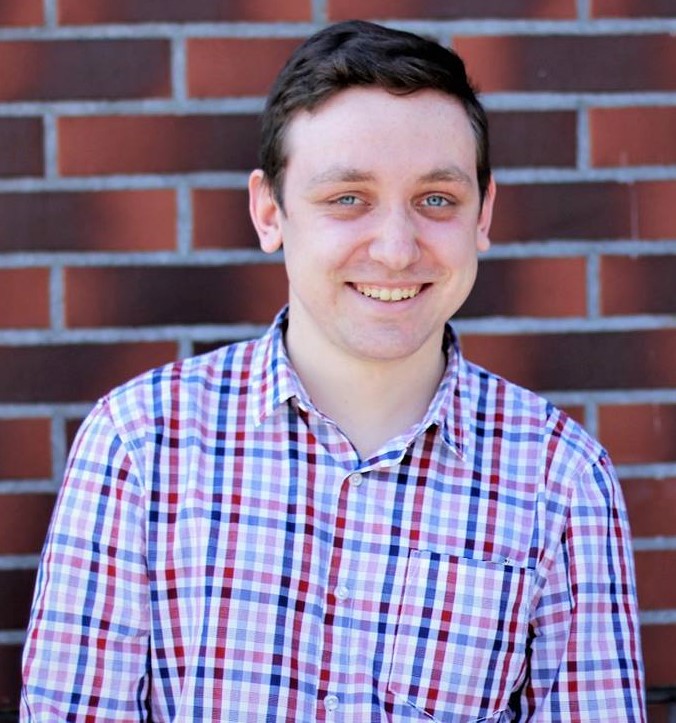
Jakub Chyćko |
Jakub Chyćko was born in Wodzislaw Ślaski, Poland in 1997 and is currently studying on a third year of biomedical engineering at Silesian University of Technology in Zabrze. He is an active member of IEEE Student Branch EMB. He likes new technologies, electronics, and sport especially football and swimming. He used to be a lifeguard at local lake. In free time he likes watching historical serials, playing strategic games and making electronic projects. His passion is cooking. |
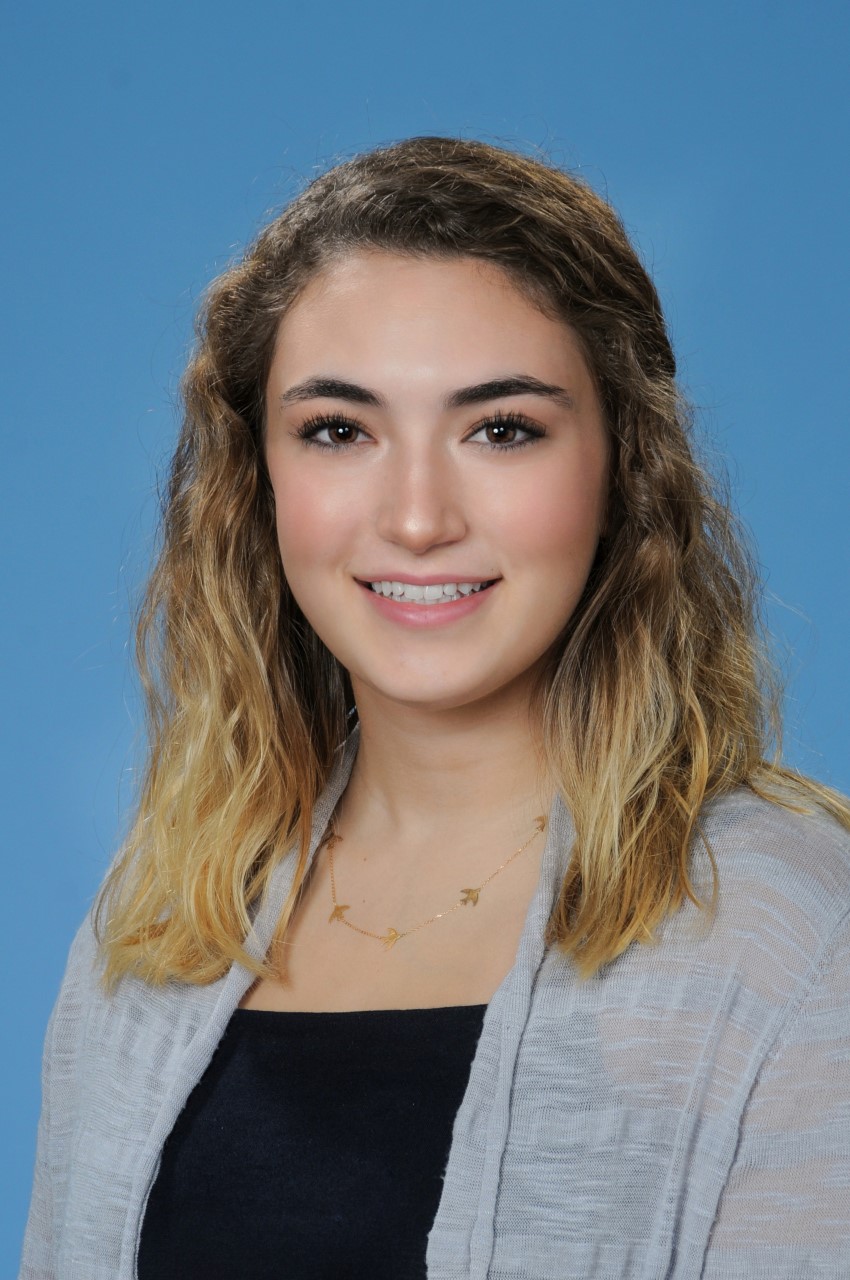
Elif Dundar |
Elif Dundar is a second year majoring in Neuroscience and Psychology and minoring in Arabic and Business at The University of Texas at Austin. She was first exposed to research during her senior year of high school in Dr. Hebl’s Psychology Lab at Rice University where she had the opportunity to code videos on implicit biases and present her own research proposal about the Arab-As-Terrorist Sentiment. She shadowed graduate student Keiko Kato that same summer in Rice University’s Materials Science and NanoEngineering Lab where she investigated organic batteries in Dr. Ajayan’s lab. After graduation she started working in the Research Resources Office at Baylor College of Medicine. She has been working there since graduation assisting research coordinators in clinical trials in both the Pediatrics and Neurology departments of Texas Children’s Hospital. She has worked on the AR101 Peanut Allergy Palisade, Lupus Nephritis, Rett Syndrome, and Spina Bifida studies as a student assistant to research coordinators. On campus she has been very involved with leadership positions in Student Government, TEDx UTAustin, and Humans of the Forty Acres. Off campus she mentors students through the Refugee Mentorship Program and play a lot of volleyball! |
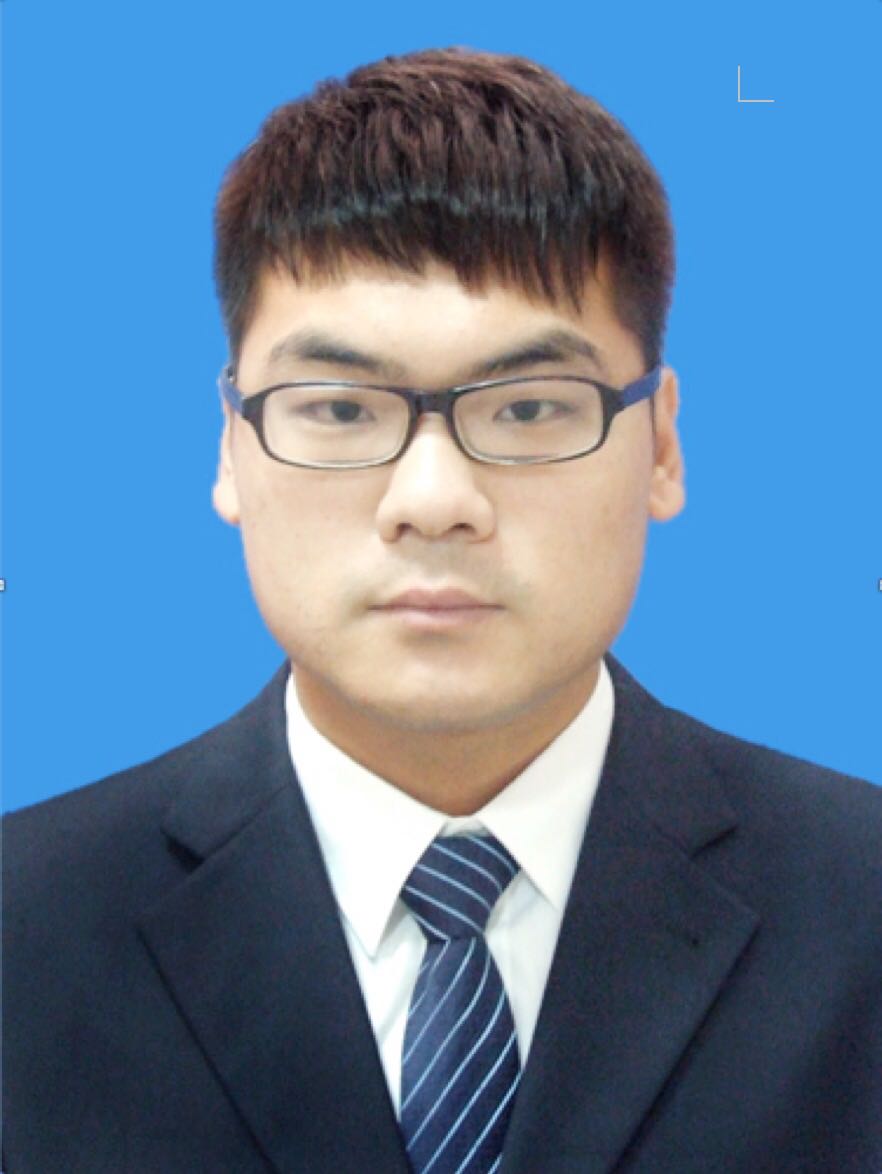
Jiahao Fan |
Jiahao Fan received his B.S. degree in Communication Engineering from Jilin University (Changchun, China), in 2013, and M.A degree in Electronic and Communication Engineering from Jilin University in 2016 (Changchun, China), he is currently a phD candidate in biomedical engineering at Fudan University (Shanghai, China), under the direction of Dr. Wei Chen. His research interests are mainly on sleep related algorithms, which are automatic stage scoring and sleep disease detection, he is also interested in signal processing, machine learning and artificial neural networks. |
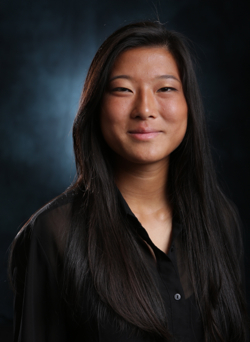
Megan Goh |
Megan Goh recently received her B.S. in biomedical engineering from the University of Houston. She is a 2018-2019 Fulbright Research Fellow, so she is currently working in Munich, Germany as part of her fellowship. She is conducting research in the field of molecular imaging engineering at both the Technical University of Munich and the research facility, Helmholtz Zentrum Munchen. Her research involves investigating how the incorporation of artificial blood substitutes called perfluorocarbons can be used in tandem with the imaging modality of photoacoustics to increase imaging penetration depth. She hopes to pursue an MD-PhD upon her return to the United States. |
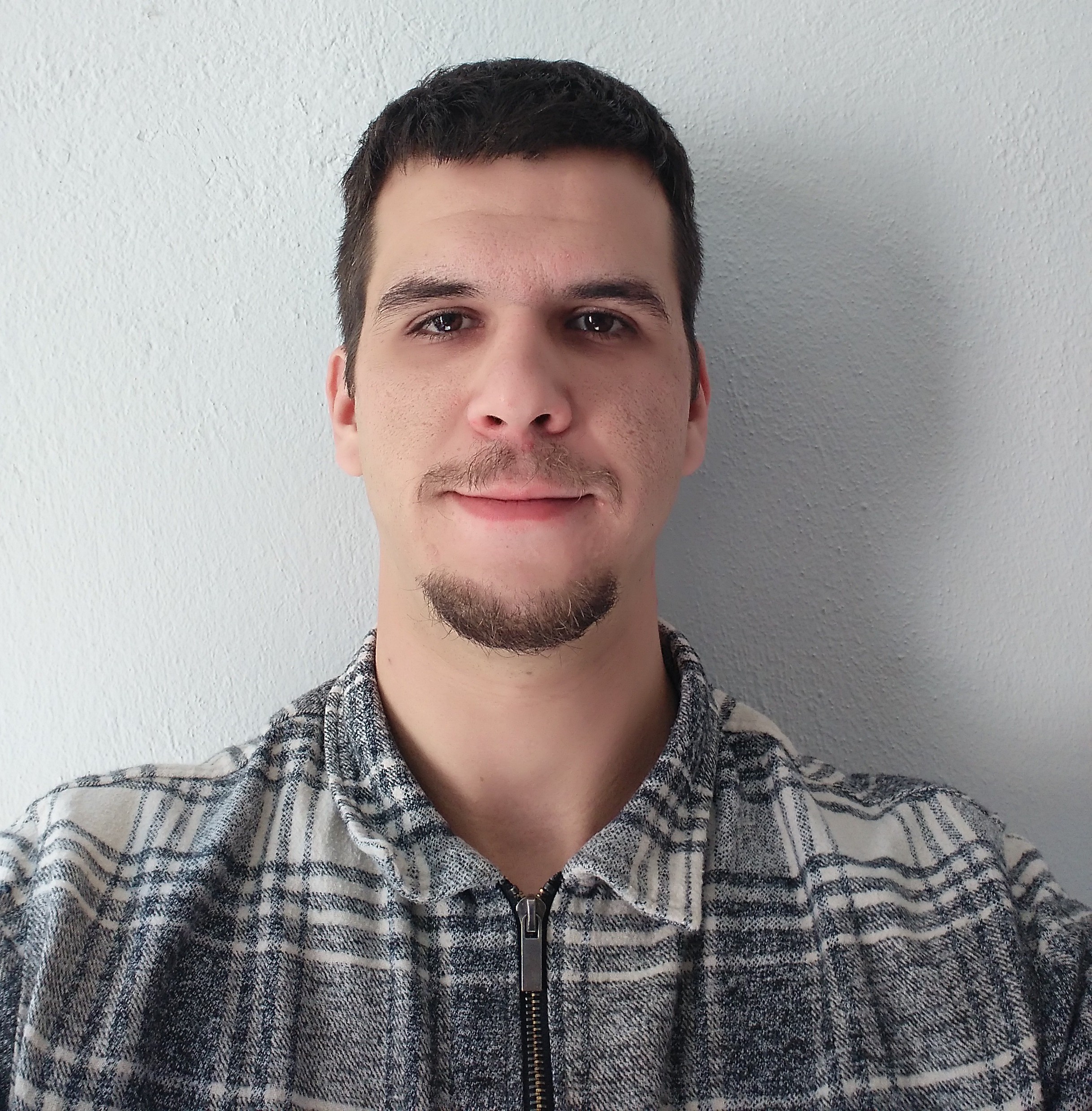
Grigorios Grigoriadis |
Grigorios Grigoriadis received his diploma degree in Materials Engineering from the Department of Materials Science and Engineering of University of Ioannina in 2017. Since 2017, he is postgraduate student in Master’s program "Advanced Materials" with specialty at Biomedical Engineering and Biomaterials of University of Ioannina. He is currently working on cardiovascular modeling and engineering as junior researcher of Unit of Medical Technology and Intelligent Information Systems, University of Ioannina. His research interests include biomedical engineering issues, CFD analysis for understanding and assessing the flow dynamics, cardiovascular modeling and image processing, biomaterials and human ear modeling. |
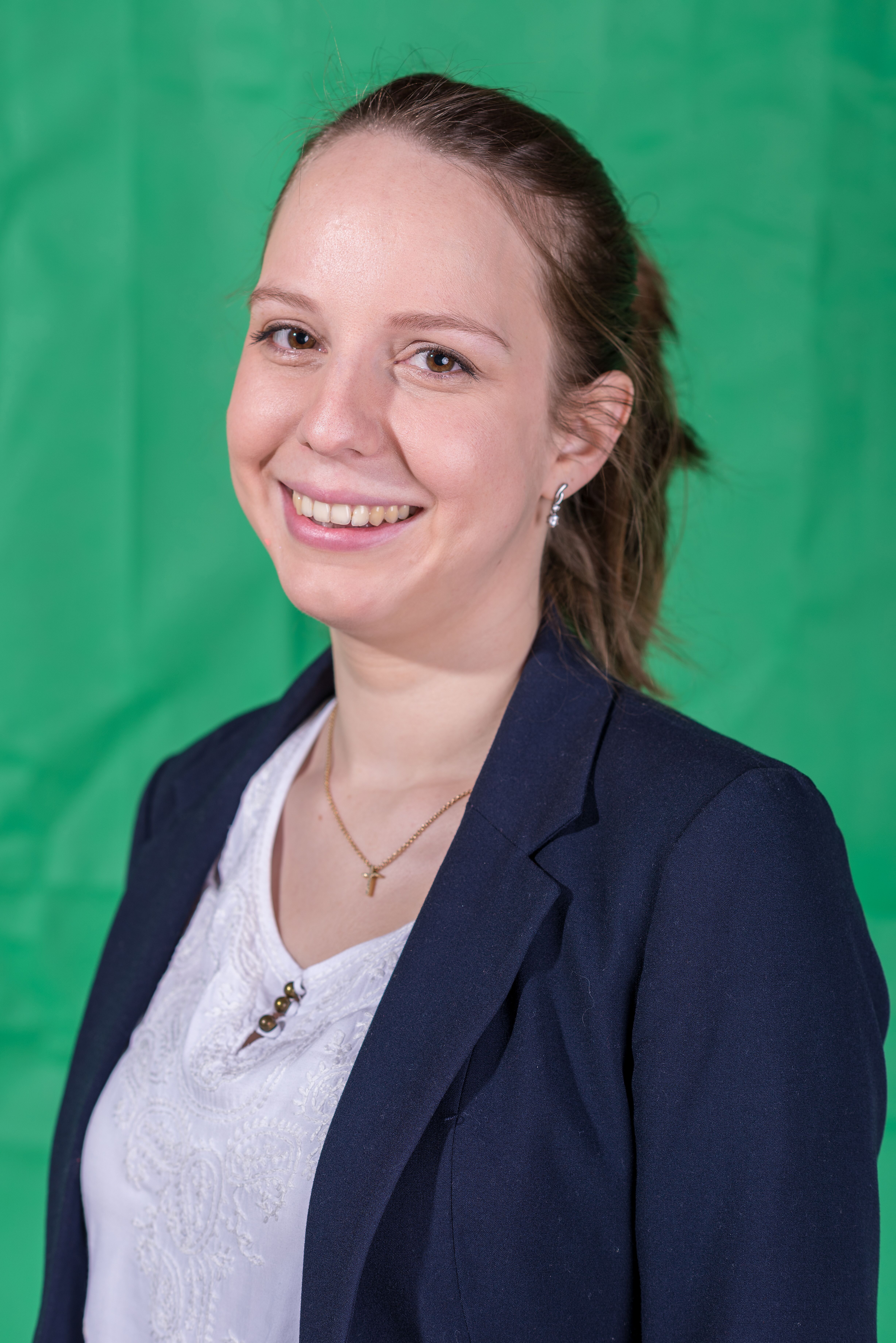
Marie-Claire Herbig |
Marie-Claire Herbig graduated as M.Sc. in biomedical engineering, focal point neural engineering 2018 at Saarland University of Applied Sciences, Germany. She is now a first year PhD student at System Neuroscience & Neurotechnology Unit, Saarland University, Faculty of Medicine. During her bachelor’s program she worked on the analysis of EEG data regarding different dimensions of listening effort. After her master’s degree she worked drowsiness monitoring in cars using multimodal electrophysiological data as research assistant. Her Ph.D. research topic is the development of neurotechnological monitoring system to avoid cochlea damage during cochlear implant insertion. |
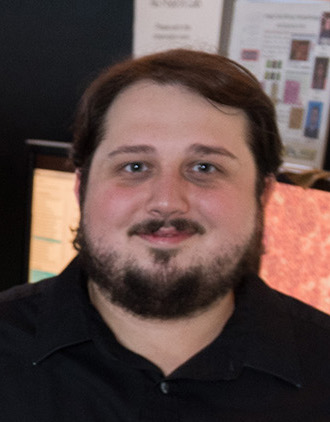
Ryan Hoffman |
Ryan Hoffman received a B.S. degree in Biomedical Engineering in 2012 from the Georgia Institute of Technology, Atlanta, GA, USA. He is currently a Ph.D. student in the Wallace H. Coulter Department of Biomedical Engineering at Georgia Tech and Emory University, working under Prof. May Wang. His graduate research has included work in the areas of histopathological image processing, critical care informatics, and FHIR application development. |

Chihiro Inami |
Chihiro Inami is a graduate student in Pharmaceutical Sciences. She is pursuing her PhD in the Graduate School of Pharmaceutical sciences, Nagoya City University. She is interested in brain mechanism of chronic pain. Her research focus is visualization of brain activity in awake, non-restricted rodents during pain perception. She is working on development of imaging device and establishment of method of rodent brain Ca2+ imaging at free moving. In her free time, she likes traveling and watching TV dramas. |
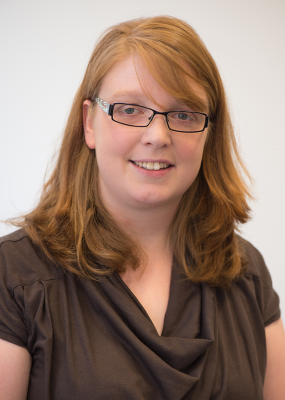
Caroline Lehser |
Caroline Lehser received her B.S. and M.S. in biomedical engineering with the focus on neural engineering from the Saarland University of Applied Sciences in Germany. She is working as a Ph.D. candidate with the Systems Neuroscience and Neurotechnology Unit at Saarland University, Faculty of Medicine in Germany. Her research is about haptic processing and perception. She studies attentional effects during recognition of ultrasound induced virtual objects. In her current project she evaluates the ultrasound system as human machine interface for ultrasonic touchless feedback in a driving simulator environment for autonomous driving on a motion platform including incar robotics. Besides the lab, she enjoys travelling, playing cello and spending time with friends and family. |
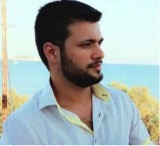
Fragkoulis Logothetis |
Fragkoulis Logothetis is currently a first-year M.Sc. candidate of Electrical and Computer Engineering in Technical University of Crete, Chania Greece. He is doing research under the supervision of Prof. Costas Balas in the Electrical and Computer Engineering Department. His B. Sc. and M. Sc. research focuses on developing a new generation of snapshot spectral imagers based on spectral dimensionality expansion through spectral estimation. This method relays on the automatic identification and the simultaneous capturing of the critical spectral features of a scene, which are subsequently used as the basis for estimating the missing spectral bands. This research comprises the basis for the development of real time spectral mappers with the unique feature of being able to analyze compositional features of dynamically changing objects. Medical diagnosis and microscopy are the leading applications of this novel approach, however his developments have been successfully translated to other demanding applications, such as the non-destructive analysis of objects of artistic and historic value. Furthermore, his research experience/interests include optical imaging methods and instrumentation, molecular imaging, dynamic contrast enhanced optical imaging, system's biology, pharmacokinetic/compartmental analysis/modeling, global optimization methods in dynamic biological processes, medical diagnostic device design, optical biopsy, and instrumentation for non-destructive analysis. He is currently working as researcher in the Optoelectronics group at the School of Electrical and Computer Engineering of the Technical University of Crete. He also enjoys participating in coding competitions of IEEE and Google and he has earned really high ranks. |
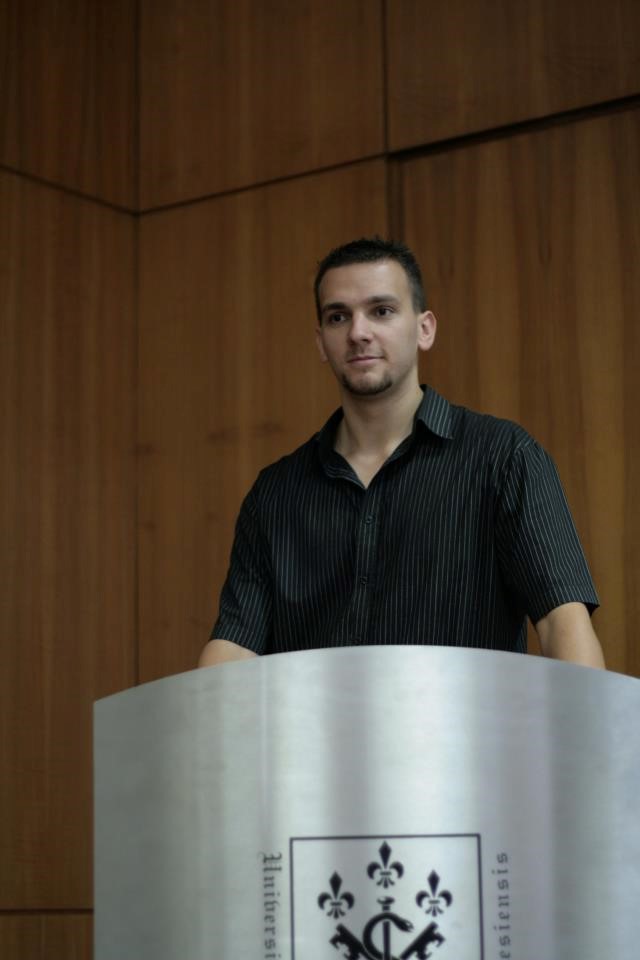
Peter Maróti, M.D. |
Peter Maróti, M.D. graduated at the Medical School in 2015, at the University of Pécs, Hungary. Currently he is in the residency programme at the Department of Public Health, where he works in several e-health and m-health projects. Also, he is doing his PhD programme at the Department of Biophysics with the lead of Prof. Dr. Miklos Nyitrai. His research project focuses on the medical device development in advanced neurorehabilitation, using 3D and 4D printing materials. He is expected to finish his studies in the fall of 2019. Peter is responsible for the strategy of R&D&I activity at the Medical Simulation Center and at the University of Pecs 3D Printing and Visualization Project. With his collegues, he is founder and CEO at P&P Inno-Tech Ltd and Me3D Innovations Ltd. As a spare time, he enjoys reading sci-fi and fantasy books, spending time with his friends and playing e-sport games. |
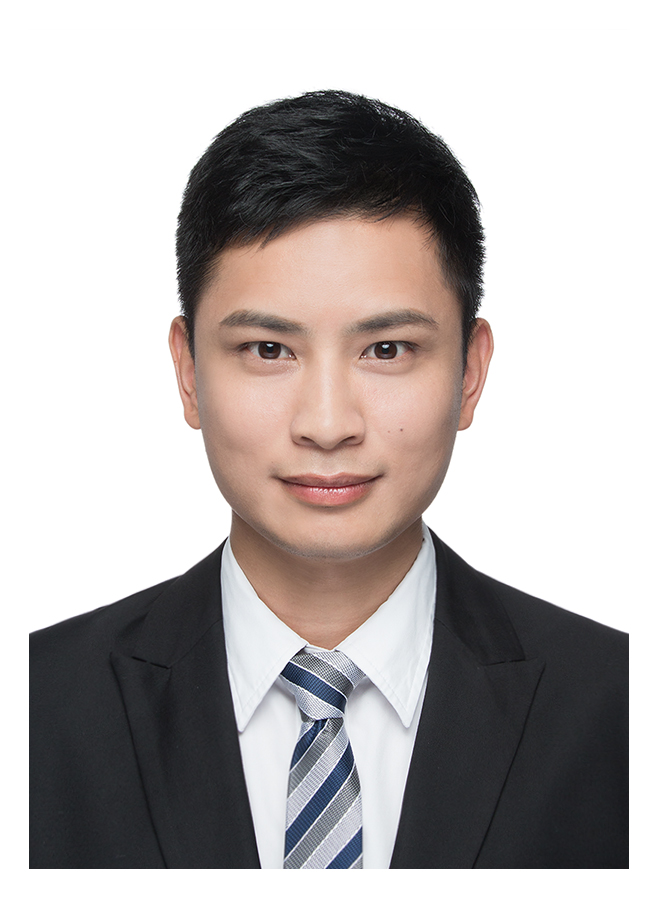
Long Meng |
Long Meng received his MA degree in Electronic Engineering from Fudan University (Shanghai, China) in 2018, and BS degree in Applied Physics from Northeastern University (Shenyang China) in 2011. He is currently pursuing his Ph.D. in Biomedical Engineering from Fudan University. His research mainly focuses on health-related activities recognition and health assessment of stroke survivals. In his spare time, Long enjoys workout, running and playing badminton. |
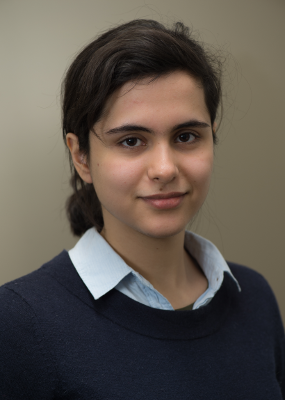
Zeinab Mortezapouraghdam |
Zeinab Mortezapouraghdam is currently a PhD candidate in the Systems Neuroscience & Neurotechnology Unit at Saarland University. Under the supervision of Prof. Strauss, her research focus is on decoding the electrophysiological correlates of selective attention by means of circular data. She was studying computer engineering at the University of Canberra, holds a bachelor’s degree in Software engineering from Azad University of Tehran (North branch) and a Master’s degree in Computational Engineering from the University of Rostock. In her Master’s studies she used Bayesian change point models for detecting change points in EEG signals. She developed and extended the models as a visiting researcher in Princeton university, where she published the application of such models to the analysis of long-term habituation processes and changes in the ERP. She is interested in different methodological approaches that are effective for detecting the direction of auditory attention using EEG signals, which involves signal processing and machine learning. In addition, she has interests in deep learning and its applications to BCI systems and image processing techniques. In her free time, she trains models to generate abstract art. |
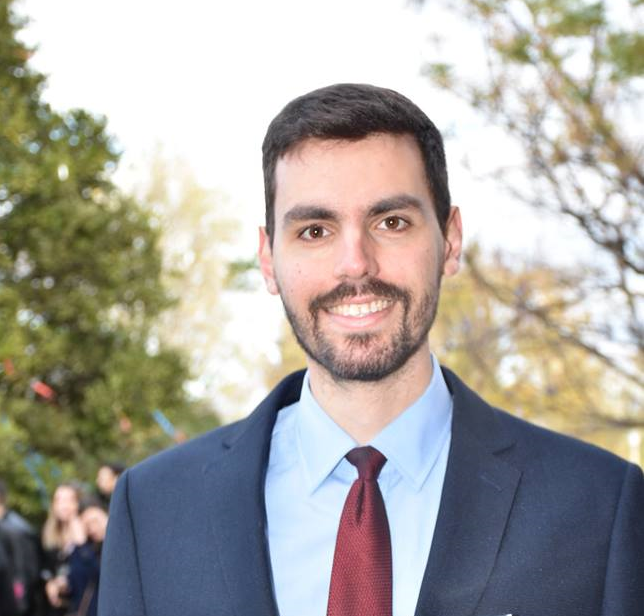
Konstantinos Polyzos |
Konstantinos Polyzos received his Diploma and Integrated Master of Engineering Degree at the Department of Electrical and Computer Engineering at the University of Patras in 2018. He is accepted as PhD candidate in the University of Minnesota, at the Department of Electrical and Computer Engineering (Start: Fall 2019). His research interests include Machine Learning, Deep Learning, Pattern Recognition and Signal Processing. His master thesis deals with: "Detection and recognition of aerial targets via RADAR data processing, machine learning techniques and Neural Networks". In his free time, Konstantinos enjoys playing basketball or playing the guitar and singing in a choir. |
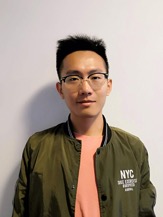
Guoqiang Ren |
Guoqiang Ren received his M.M. degree in internal medicine from Huazhong University of Science and Technology (Wuhan, China) in 2018. He has been well trained as medical doctor and cell biologist in China. Since joining Aalborg University as a PhD-fellow, he has been studying the role of adipose-derived stem cells in the inflammatory, proliferative, and remodelling phases of chronic wound healing in vitro and in vivo models. In particular, his focus is on the identification of intra-individual differences between cells from one donor to another, and to identify markers associated with optimal regenerative properties of the stem cells. |
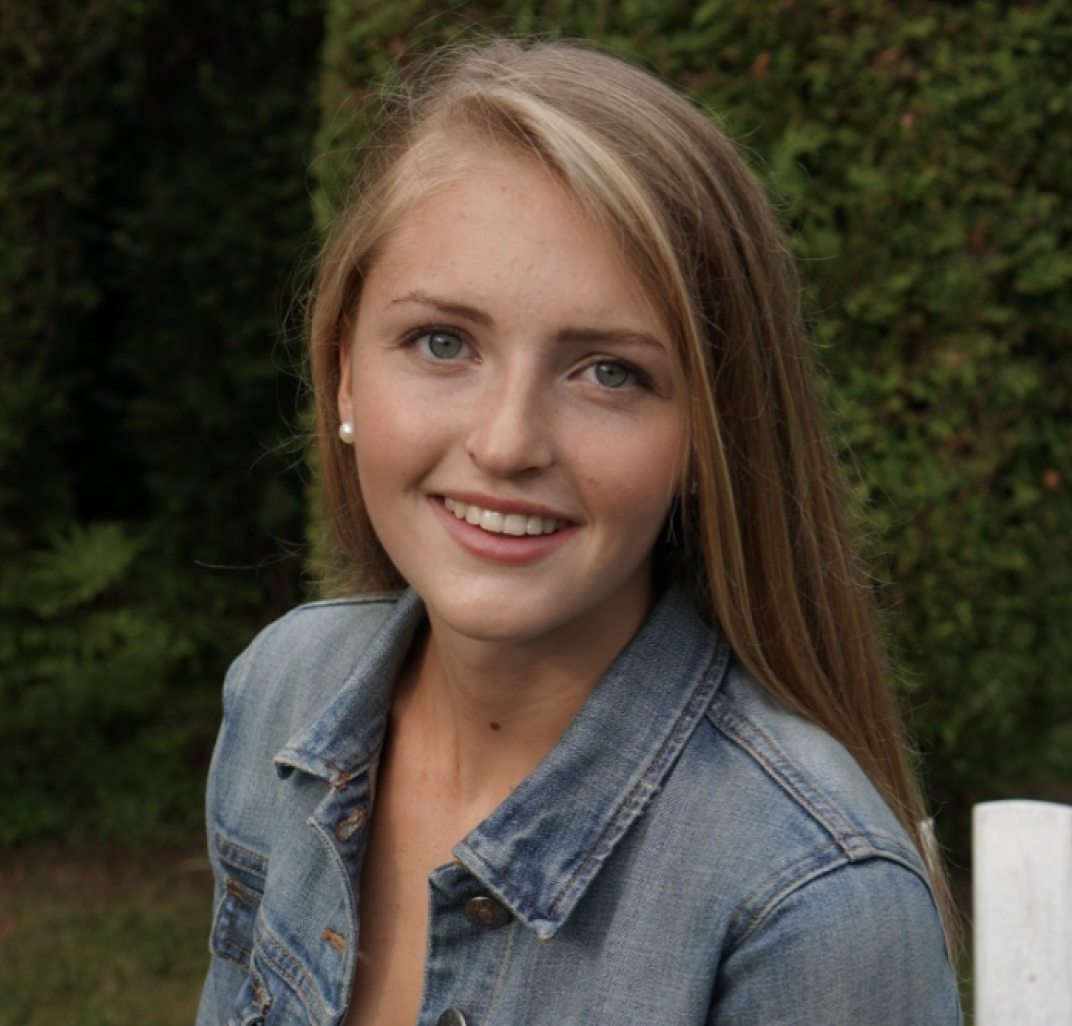
Julia Schaepe |
Julia Schaepe is a rising senior at Stanford University majoring in Bioengineering and minoring in Computer Science. With a particular interest in leveraging computational tools for understanding the human brain, she works in the Sergiu Pasca’s Lab. This summer she will be conducting research utilizing brain region-specific 3D cultures assembled in a dish from 22q11.2 deletion syndrome patients to better understand pathogenesis. Julia’s project will investigate defects in the migration of a key population of neurons in the cerebral cortex and will develop computational tools with the ultimate goal of creating a high-throughput drug screening platform. She has past experience working at Genentech and Bard Davol, as well as serving as a teaching assistant for Stanford’s only class on medical device design. She hopes to use her undergraduate education to purse a doctorate in bioengineering and create meaningful impact in neuroscience or climate change. Outside of academic pursuits, Julia is the president of the Stanford Climbing Team and instructs climbing classes on campus. Additionally, she loves backpacking, skiing, climbing outdoors, and traveling to new places. |
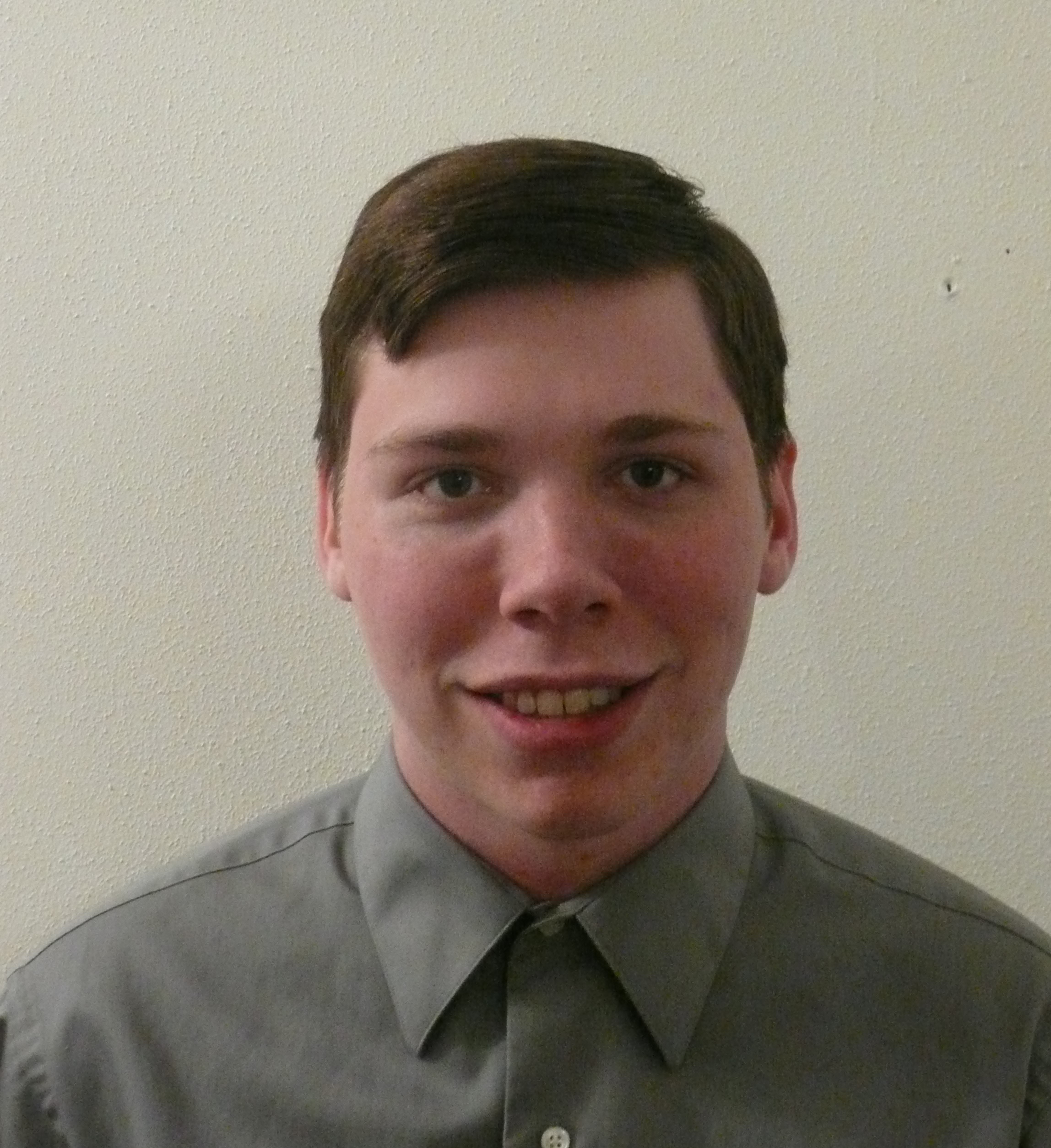
Christopher Smith |
Christopher Smith will start as a first-year PhD student in Biomedical Engineering at the University of Texas at Austin in Fall 2019. He received his B.S. in Biomedical Engineering from the University of Houston. His research interests include optical imaging, clinical translation of new optical techniques, and point-of-care technologies for disadvantaged populations. In his spare time, he enjoys reading classic literature and playing the piano. |
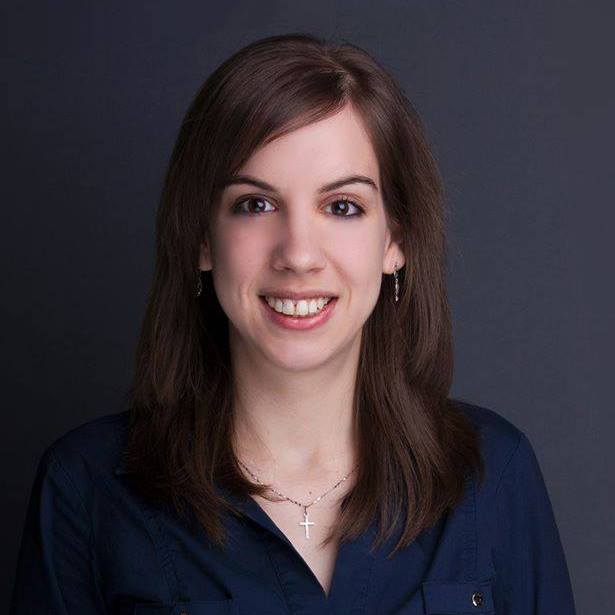
Luca Toth |
Luca Toth finished Medical School two years ago, since than she is working as a PhD student at the University of Pécs Neurosurgery Clinic. Her research topics include the medical appliances of 3D printing especially focusing on the development of medical aids for patients. They have a few device development projects running currently for neurorehabilitation purposes, integrating 3D printing technologies and biosignaling. With these developments they aim to support personalised medicine and rehabilitative issues. Also she is working with exoskeletons in a Clinical research setting for spinal cord injured patients. Her responsibilities include the medical advices during development and coordinating the preclinical and clinical trials. Her main interests are the biosignaling processes and clinical use of human exoskeletons. |
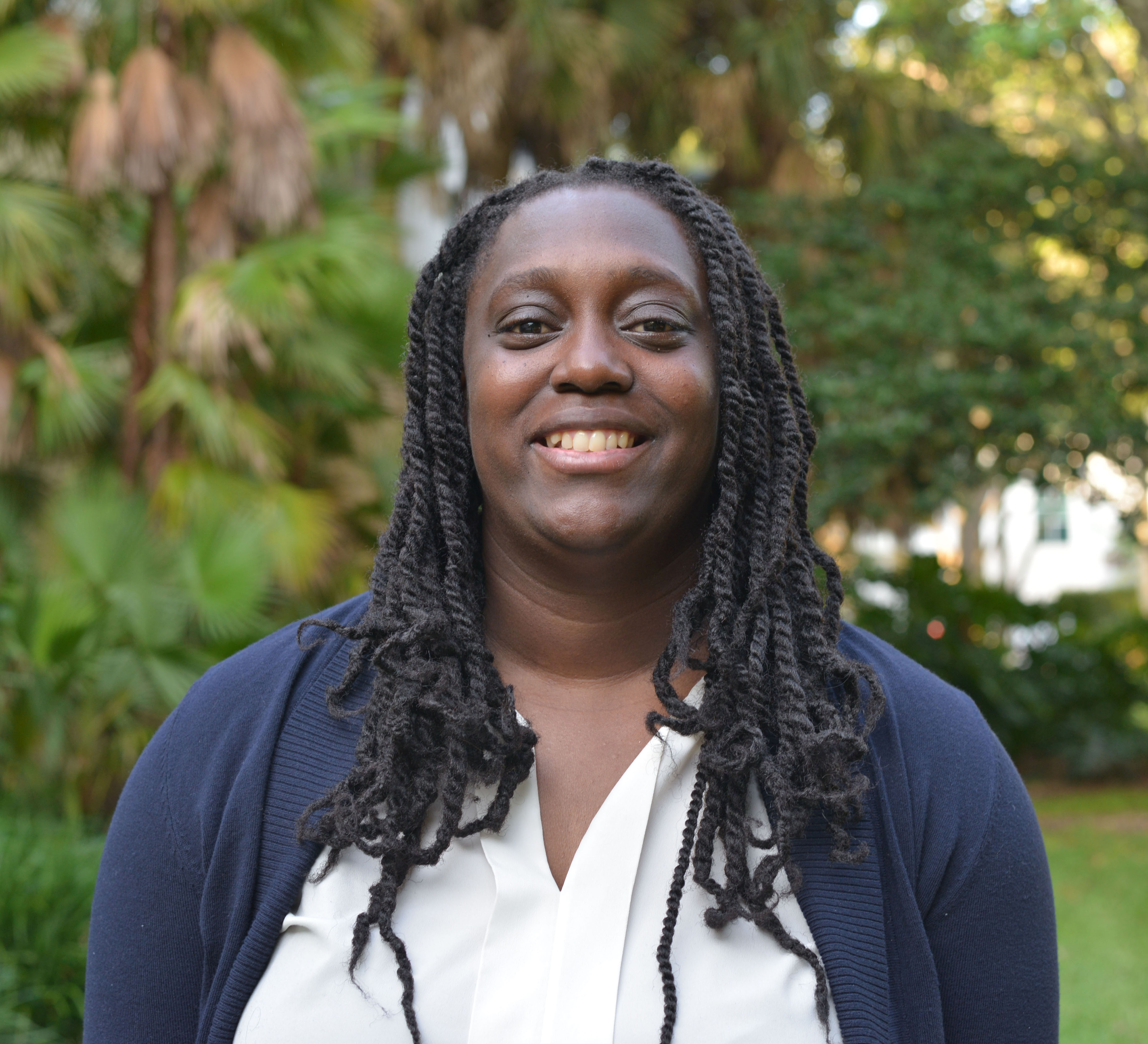
Siobhan Williams |
Siobhan Williams is slated to receive her PhD in biomedical engineering from the University of Miami in Summer 2019. Her research is focused on understanding how the human lens changes with age. She developed several algorithms that allow the lens to be quantitatively examined using both in-vivo and in-vitro datasets. Ultimately, her research project led to an algorithm for reconstructing the gradient refractive index of the crystalline lens. As a member of the Ophthalmic Biophysics Center, under the direct supervision of Dr. Fabrice Manns, she has made significant contributions to the computational methods for processing large datasets. However, her passion for helping others extends far beyond the lab. Siobhan is also heavily invested in the development of new teaching strategies for undergraduate engineers. As a teaching assistant, she has implemented several new initiatives to improve the quality of undergraduate biomedical engineering education. Her evolving areas of interest encompass many different techniques to improve the quality of life through technology. |
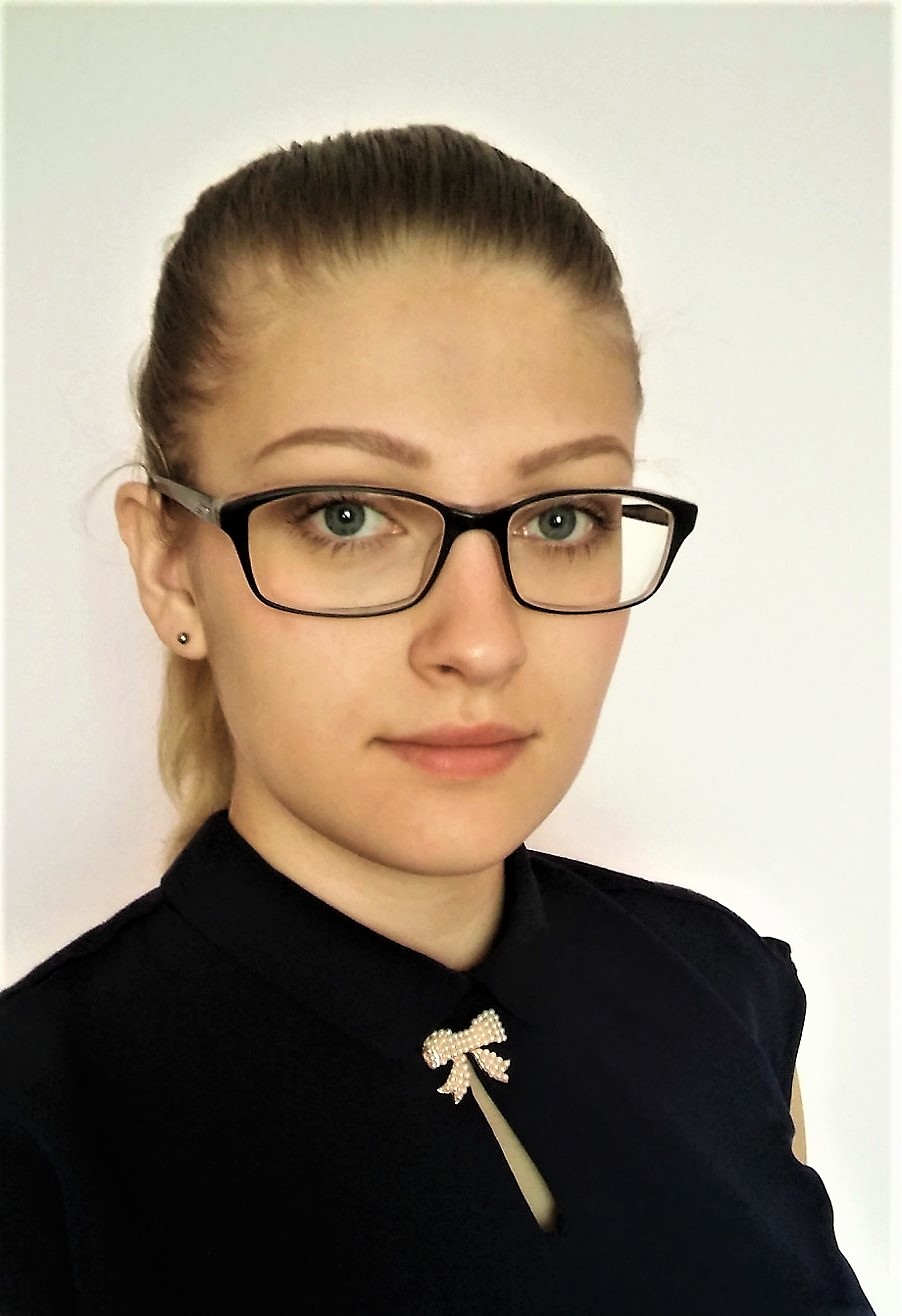
Natalia Wylezol |
Natalia Wylezol is a second year student of the Faculty of Biomedical Engineering at the Silesian University of Technology. She is an active member of academic club called "Biosoft" where she is currently working on biomedical artificial hand project based on 3D printing and Arduino based programming. During studies she is mainly focused on programming, 3D modeling and some basic knowledge of the theory of neural networks. At free time she enjoys reading crime fiction, making crochet stuffed dolls and dancing Zumba. |
